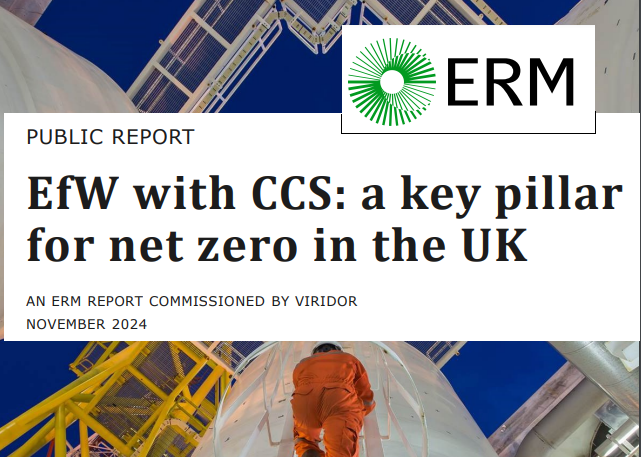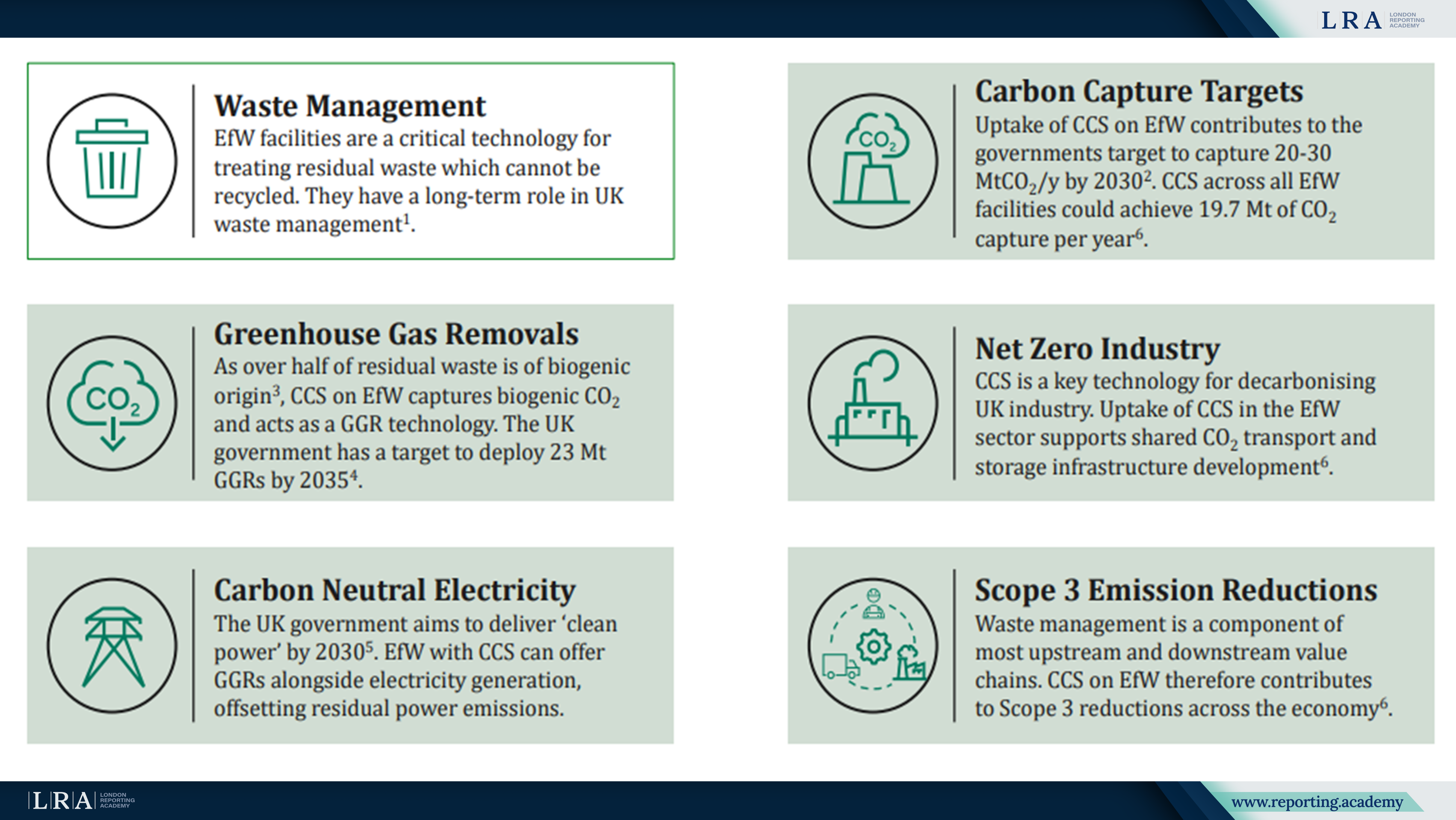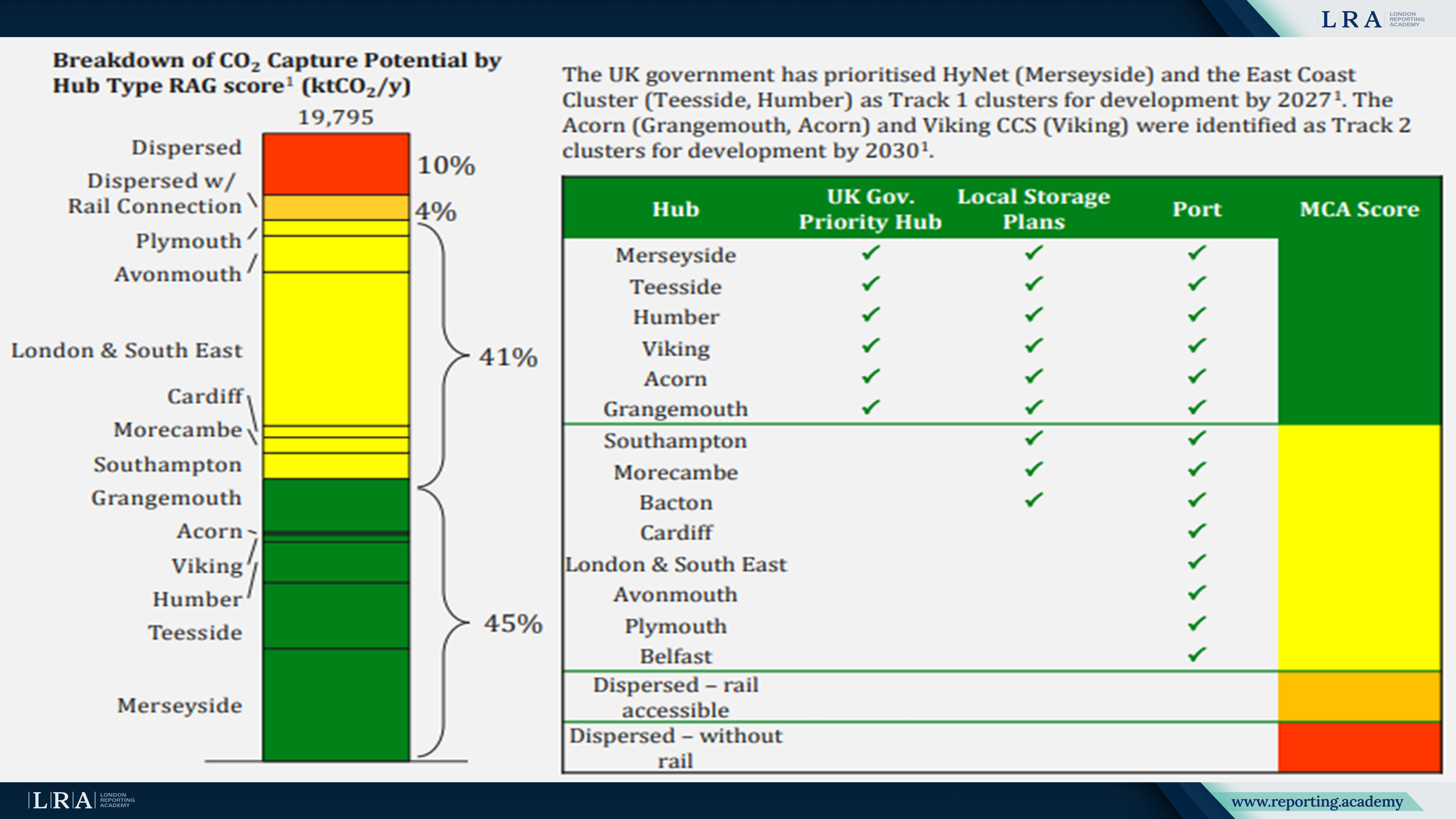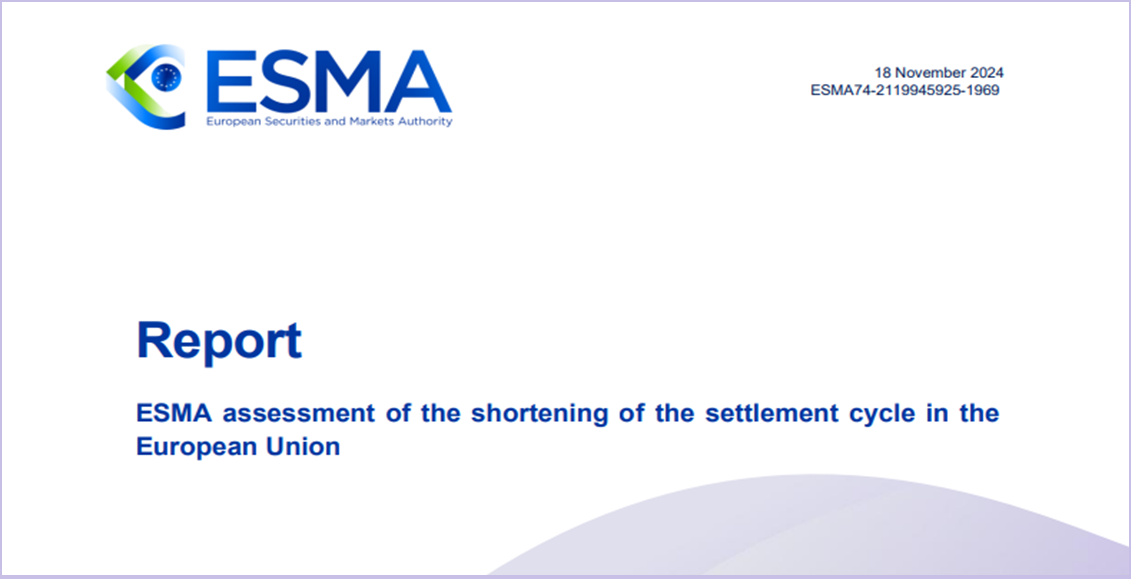ERM presents report on the future role of Carbon Capture and Storage (CCS) in the UK’s Energy from Waste (EfW) sector
In November 2024, ERM unveiled a detailed report on the transformative potential of carbon capture and storage (CCS) in decarbonising Energy from Waste (EfW) facilities across the UK. The study highlighted a £19 billion investment opportunity, the potential to generate £40 billion in GVA, and the creation of over 14,000 green jobs.

ERM has released a comprehensive report analysing the potential of Carbon Capture and Storage (CCS) on Energy from Waste (EfW) facilities in the UK in November 2024. The report focuses on the transformative role CCS could play in the UK’s decarbonisation efforts, outlining how this technology could not only support national net-zero goals but also drive green job creation and unlock significant economic value.
CCS on Energy from Waste (EfW) Facilities
CCS is a process that captures carbon dioxide (CO2) emissions from large industrial sources, preventing them from entering the atmosphere. In the case of EfW facilities, which generate energy by burning waste, CCS can be applied to capture and permanently store CO2 emissions. This can help the EfW sector contribute significantly to the UK's climate targets by reducing greenhouse gas emissions.

Source: ERM’s report, EfW with CCS: a key pillar for net zero in the UK, November, 2024
Key findings of the ERM report
The report provides key insights on the capital investment opportunities, job creation potential, and alignment of CCS in EfW with the UK’s broader decarbonisation strategy. It covers such important topics as:
- Capital Investment and Green Job Creation
The total estimated capital investment required for CCS implementation across EfW facilities in the UK is £19 billion. Of this, the majority is related to the decarbonisation of existing operational EfW facilities. This investment is expected to unlock nearly £40 billion in Gross Value Added (GVA) for the UK economy.
The deployment of CCS on EfW plants is anticipated to create more than 14,000 green jobs across various stages of project development, construction, operation, and in supporting industries.
Key job statistics:- 4,800 construction jobs will be created on average until 2040;
- 9,350 permanent green jobs.
- Economic and Environmental Impact
The report also highlights that the implementation of CCS technology on EfW facilities could lead to the capture of nearly 20 million tonnes of CO2 per year across all EfW assets analysed, making a significant contribution to the UK's emission reduction targets.
Notably, the deployment of CCS on EfW facilities is expected to play a pivotal role in the development of CO2 transport and storage infrastructure, which is essential for the successful uptake of CCS across various industrial sectors; - Alignment with UK Net Zero Strategy
ERM’s analysis aligns with the UK’s Net Zero strategy, which aims to achieve carbon neutrality by 2050. CCS on EfW facilities could support the UK government’s ambitious goals by:- Contributing to carbon neutral electricity by 2030;
- Helping achieve the target of capturing 20-30 million tonnes of CO2 per year by 2030;
- Supporting the decarbonisation of hard-to-abate sectors such as waste management and industry.
- Regional and Sectoral Impact
The location of EfW plants, particularly in regions like Merseyside and Teesside, offers a unique opportunity to drive investment, economic growth, and green jobs in historically industrial areas. The staged deployment of CCS across the sector ensures that the workforce can be developed and upskilled, helping to deliver EfW-CCS projects over time.
Regional distribution of CO2 captured:- Merseyside: 3.8 million tonnes of CO2;
- Teesside: 8.0 million tonnes of CO2;
- London & South East: 5.9 million tonnes of CO2;
- Other regions: Smaller contributions, totalling 19.8 million tonnes of CO2 captured.

Source: ERM’s report, EfW with CCS: a key pillar for net zero in the UK, November, 2024
The importance of greenhouse gas removals (GGRs)
CCS on EfW facilities contributes to the UK's target to capture 45-112 million tonnes of GGR per year by 2050, a crucial step in offsetting emissions from sectors like agriculture, aviation, and waste. The biogenic CO2 captured from EfW facilities has a distinct advantage over many other GGR technologies due to its permanence in geological storage and the relative ease of monitoring, reporting, and verification (MRV).
In 2021, the UK government set a target to decarbonise the electricity grid by 2035. CCS on EfW could balance residual power sector emissions, potentially storing enough biogenic CO2 to offset all the emissions generated by unabated gas power plants in the UK by 2035.
Impact on Scope 3 Emissions
Scope 3 emissions, which account for the vast majority of a company’s greenhouse gas emissions, are critical to achieving net-zero goals. By reducing Scope 1 emissions from EfW plants, CCS helps lower Scope 2 and 3 emissions across the value chain, from manufacturers to consumers.
Through CCS, EfW facilities can create a cascading effect of decarbonisation, benefiting not only the plants themselves but also their wider stakeholders, including households, commercial customers, and local authorities. This creates a comprehensive approach to decarbonisation that addresses emissions at every level of the value chain.
Conclusions
The ERM report underscores the essential role of CCS in achieving the UK’s decarbonisation targets, particularly in the EfW sector. Key takeaways include:
- CCS on EfW can capture up to 20 million tonnes of CO2 per year, supporting the UK's Net Zero strategy;
- Over 14,000 green jobs could be created, boosting local economies and creating skilled job opportunities in regions across the UK;
- By 2030, EfW with CCS could contribute to balancing emissions from the power sector, supporting the UK's transition to a carbon neutral electricity grid;
- CCS on EfW aligns with key government targets, helping to decarbonise industry, support greenhouse gas removals, and reduce Scope 3 emissions across the economy.
The report calls for continued investment in CCS technology and the development of the necessary infrastructure to support widespread adoption across the EfW sector. With the right policy support and strategic investments, the EfW sector could play a crucial role in helping the UK achieve its net-zero ambitions while delivering economic growth and environmental benefits.



